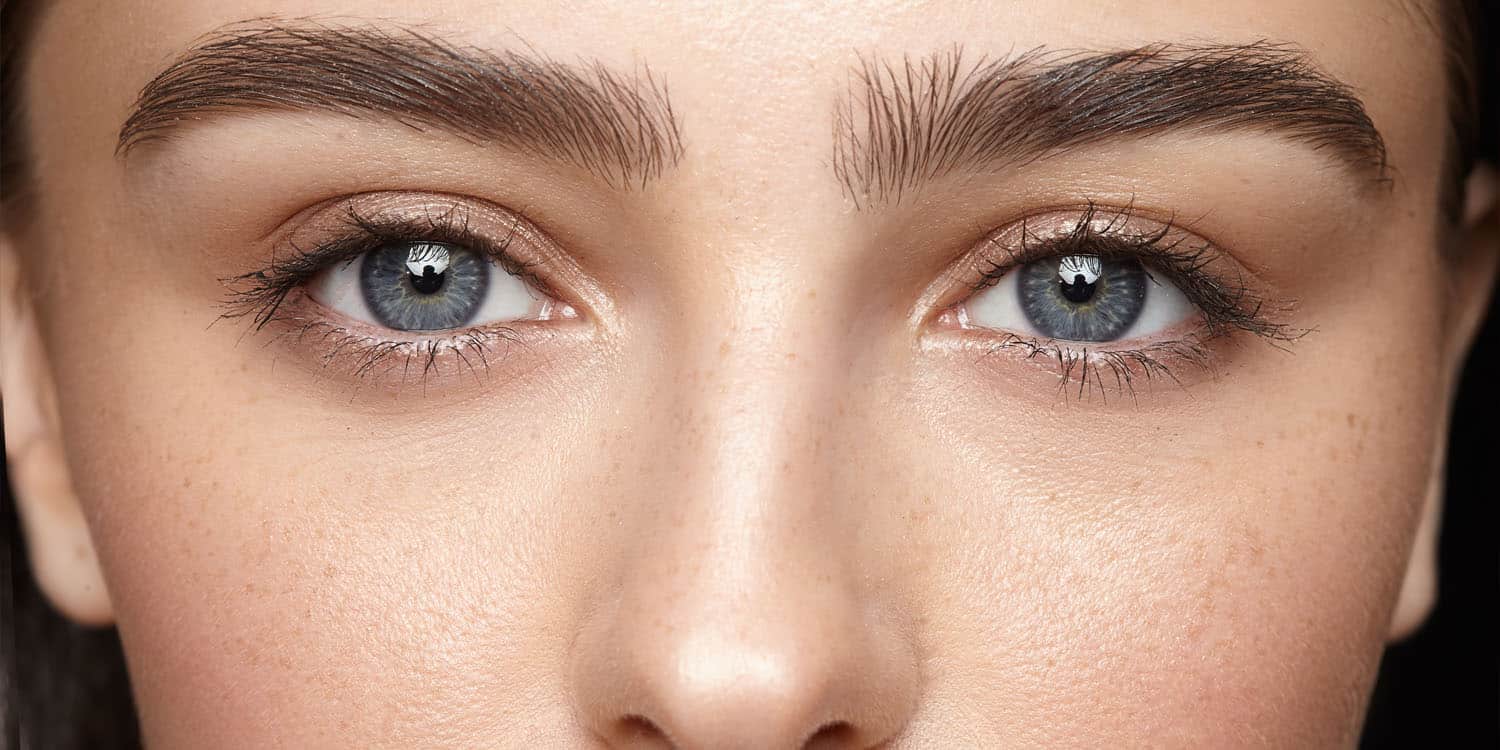A recent study in the Journal of Attention Disorders details the development of a novel method to objectively measure the effects of stimulant medication on individuals with Attention-Deficit/Hyperactivity Disorder (ADHD) through the innovative use of eye-tracking technology. This new approach, dubbed the iFocus method, offers a promising tool for evaluating the efficacy of ADHD treatments in real-world settings, providing a significant leap towards personalized medicine in the management of ADHD.
ADHD is a condition marked by patterns of hyperactivity, impulsivity, and difficulties with sustaining attention. It affects people of all ages, though it is most commonly identified in children before puberty. The disorder can persist into adulthood, where hyperactivity often subsides, but attention problems can continue to significantly impact academic and professional performance.
The primary treatment for ADHD involves stimulant medications, such as methylphenidate (MPH) and amphetamines (AMP), which have been shown to effectively reduce symptoms. However, evaluating the effectiveness of these treatments has traditionally relied on subjective assessments from patients, parents, or educators, which can vary widely in accuracy.
To address these challenges, researchers embarked on a study to develop and test the iFocus method, a technology that could objectively assess the impact of stimulant medications on individuals with ADHD.
“There currently is no objective measure of medication efficacy for ADHD that is rapid and easily used almost anywhere and anytime. This iFocus measure holds the possibility of assessing any individual who has access to a webcam and computer,” said study author Glen Elliott of the Stanford School of Medicine.
The study consisted of two phases: a preliminary investigation with a small group of participants and a larger-scale study that utilized webcams to collect eye-tracking data from participants in their homes.
In the preliminary study, ten participants previously diagnosed with ADHD and prescribed either methylphenidate or amphetamine participated. They engaged in reading tasks while their eye movements were tracked using high-fidelity eye-tracking equipment. The tasks were designed to measure reading pace and comprehension, with participants completing the tasks both on and off medication.
The results showed a significant increase in reading pace when participants were on medication, suggesting that stimulants positively affect reading performance, a proxy for attentional capabilities.
Building on these findings, the larger-scale study involved 100 participants who completed reading tasks under similar conditions, but this time using a webcam and the Umoove eye-tracking package in the comfort of their homes. This study aimed to validate the use of widely available technology for assessing medication effects remotely.
Participants completed sessions both on and off medication, with eye movement data processed to extract features related to reading behavior. A machine learning algorithm was then applied to classify these sessions as on or off medication based on the extracted features.
The results demonstrated the algorithm’s ability to distinguish between medicated and unmedicated states with reasonable accuracy, reinforcing the potential of the iFocus method as a tool for monitoring ADHD treatment efficacy.
“If a person is taking stimulants or knows someone who is, they should consider trying out the iFocus measure, especially if they are unsure if the medication is having an effect,” Elliott told PsyPost.
However, the studies also highlighted several limitations. The sample size, though sufficient to demonstrate statistical significance, was relatively small, indicating the need for further research with larger participant groups to refine the methodology and validate the findings.
Additionally, the studies focused on the effects of stimulants rather than their overall efficacy in improving ADHD symptoms, suggesting that future research should incorporate standardized questionnaires to provide a more comprehensive assessment of treatment impact.
“iFocus is a new technology based on an AI algorithm,” Elliott explained. “The algorithm was trained on a population of 100 people who participated in the study. Since ADHD varies significantly among individuals, it might not work for everyone at this point. No medical decision should be made based solely on the iFocus score; rather, iFocus can help guide discussions between clinicians and patients as well as help patients feel more confident about their decisions.”
“At present, use of the iFocus measure is free as we collect more information,” he added. “It potentially can be useful both to individuals on stimulants and to the prescribing physician.”
The study, “An Objective Assessment of Effect of Stimulants on Attention in Individuals With ADHD,” was authored by Glen R. Elliott, Adi Diner, and Einat Sitbon.

Sarah Carter is a health and wellness expert residing in the UK. With a background in healthcare, she offers evidence-based advice on fitness, nutrition, and mental well-being, promoting healthier living for readers.








